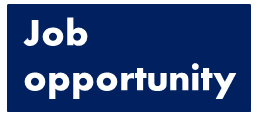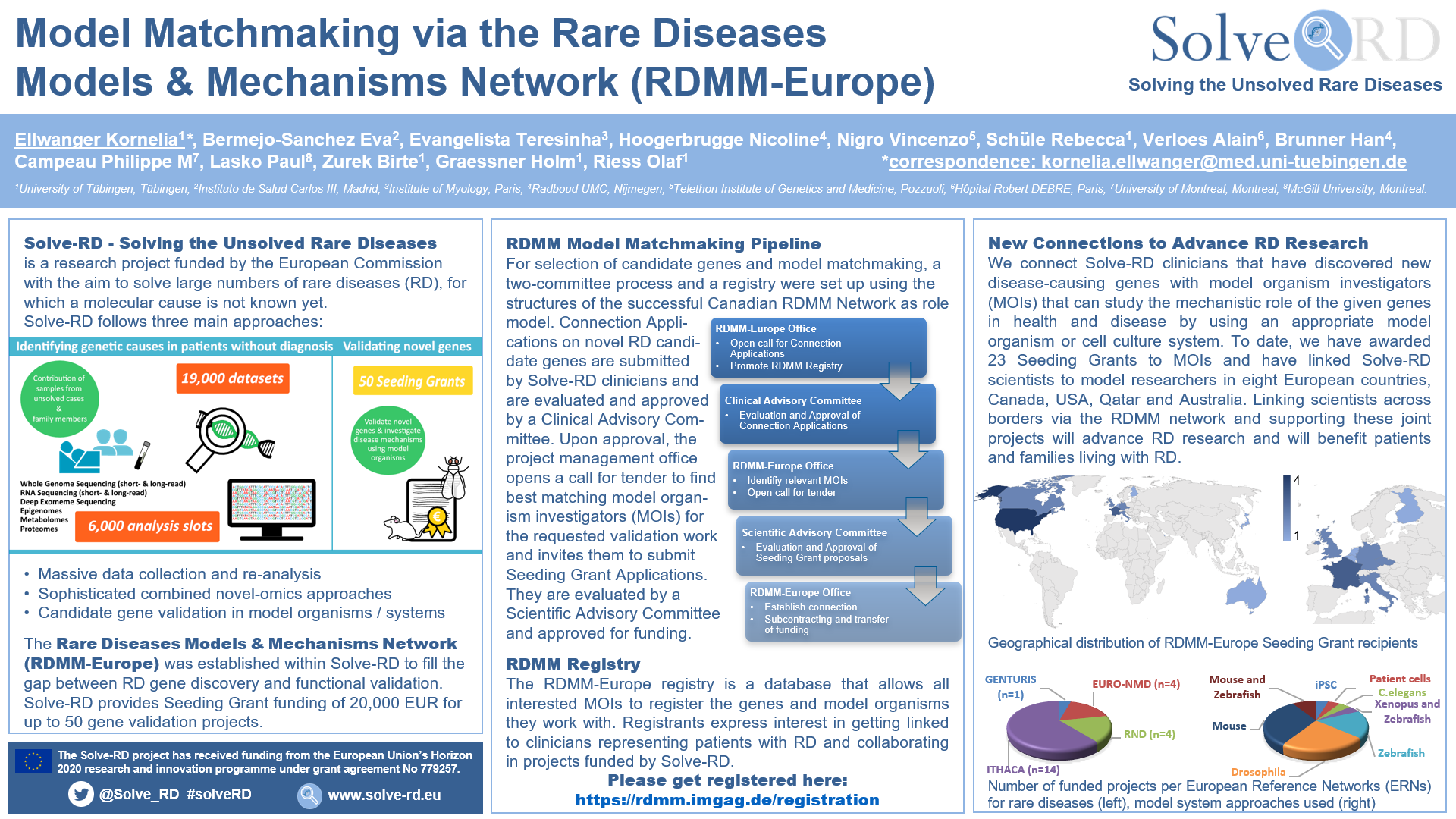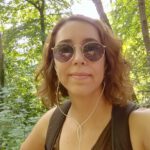Solve-RD will host two webinars on features of the RD-Connect Genome-Phenome Analysis Platform (GPAP) in October 2021. The first webinar focuses on basic analyses and the second webinar focuses on advanced platform features. Everyone who is interested is invited to register and join the webinars. Both webinars have also been recognised by the Spanish Society of Human Genetics (AEGH).
Webinar 1: RD-Connect GPAP webinar - general analysis
Time: Wednesday, 6 October 2021; 2-3 pm CEST
Speaker: Steven Laurie (CNAG, Barcelona)
Audience: Solve-RD partners that have no (or very few) previous experience analysing (filtering and prioritising) genomic data through the GPAP. Users will learn how to filter and prioritise variants (SNVs, InDels, and CNVs) using common annotations and on-the-fly gene panels associated to diseases, phenotypes, and pathways (OMIM, ORDO, HPO, PanelApp, Reactome), how to interpret genomic variants according to ACMG guidelines and how to use integrated tools such as Exomiser, Mendelian.co, ClinVar, and Varsome.
Registration link: https://us02web.zoom.us/webinar/register/WN_I7j_J3ZMSOOBBZHI7rhTBg
Webinar 2: RD-Connect GPAP webinar- advanced platform features
Time: Tuesday, 19 October 2021; 2-3 pm CEST
Speaker: Leslie Matalonga (CNAG, Barcelona)
Audience: Solve-RD partners that already have previous experience analysing (filtering and prioritising) genomic data through the GPAP and/or have attended the workshop on basic analysis. Users will learn how to use advanced features integrated in the system such as: i) Matchmaker exchange, ii) search for specific gene/variants across all samples, iii) TAG and share variants / queries, iv) create specific cohorts based on phenotypic data and v) post analysis management (analysis status and solved cases).
Registration Link: https://us02web.zoom.us/webinar/register/WN_VkSDSM50RDedwoc7Y4C2sA





